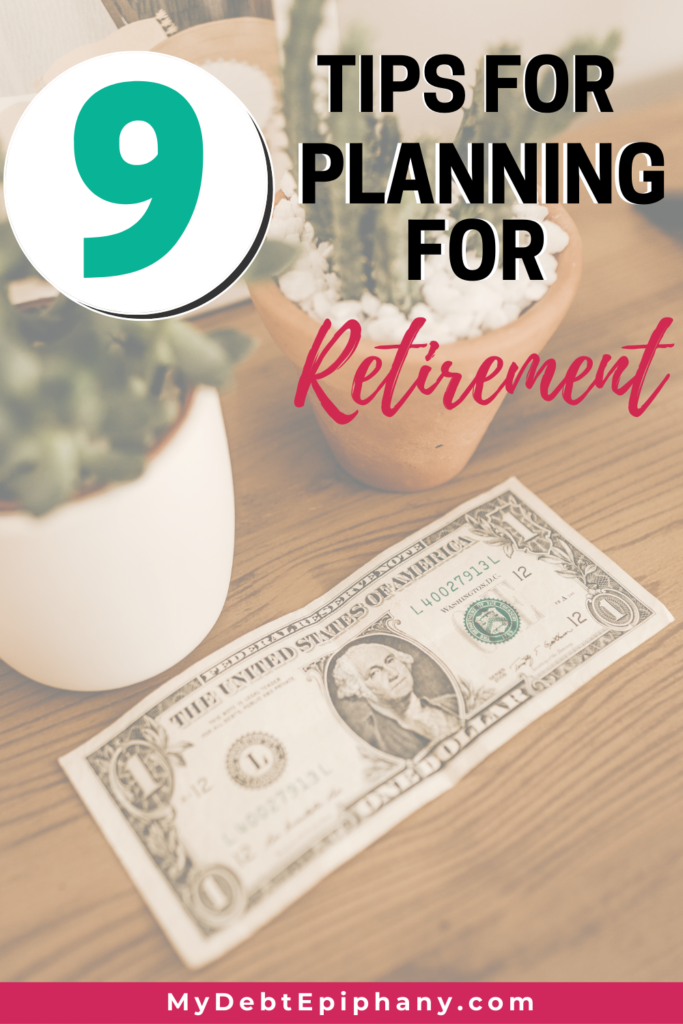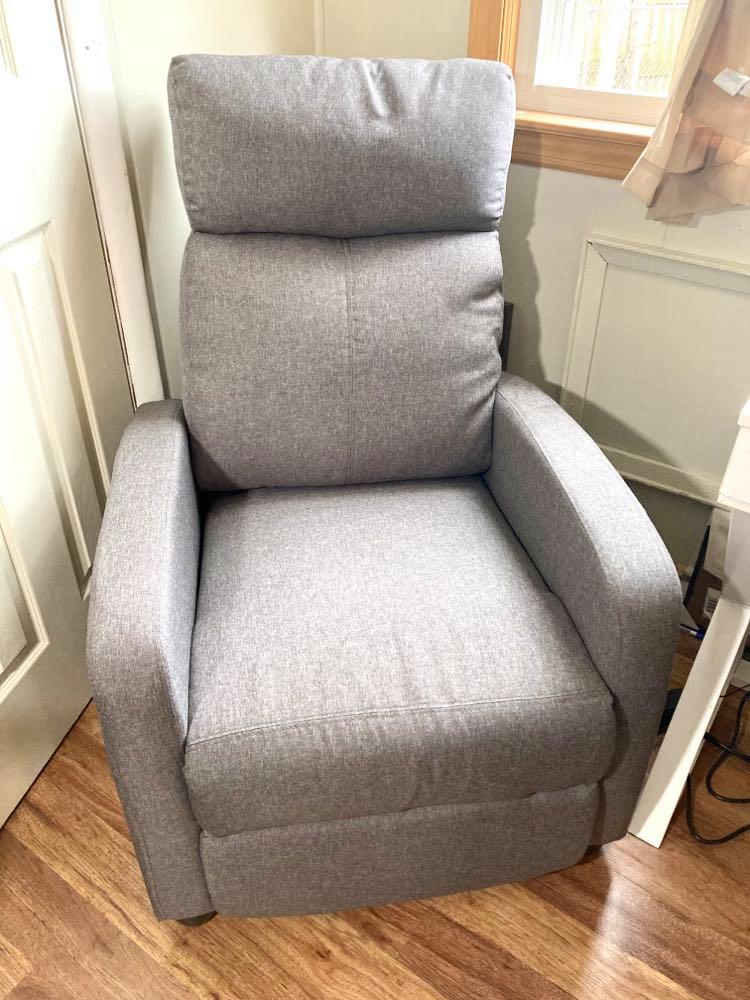9 Tips for Preparing for Retirement
For most of us, retirement is a period to look forward to. The prospect of no longer working full time, having time to pursue hobbies, and whatever else you want to do with your free time.
However, it’s understandable if the thought of retirement is scary. It’s a change, which can be a frightening thing to think about. Preparing for retirement also costs quite a bit of money and careful planning. You can comfortably prepare for retirement with a few simple tips.
Table of Contents
1. Create a Timeline
First and foremost, you need to know when you’re planning on retiring. If you’re planning to retire early, you need to be ahead of schedule when it comes to savings. Keep in mind that your savings should be large enough to last you from the time that you stop working until you die.
If you’re not on track to retire as early as you would like, adjust your timeline. Gain an understanding of your funds and know how long you have to save before your regular income is gone.
2. Save, Save, Save
The next key step to help with preparing for retirement is to prioritize your savings. You can never have too much money in retirement. As this period of life approaches, it’s important to save as much as you can. If you haven’t started saving, start setting aside something right now. It’s more common than you think that people retire earlier than they planned or with less money than they truly need.
During your retired years, you want to be able to make ends meet of course. But you also may want extra money to cover costs like travel, hobbies, and even medical care. According to the Fidelity Retiree Health Care Cost Estimate, a retired couple at ages 65 could need as much as $300,000 (after taxes) saved for health care expenses.
If you’ve been saving already, keep doing what you’re doing. If it fits in your budget, save more. See if you can start maxing out your IRA and 401(k) amounts. If you’re over the age of 50, don’t underestimate the power of making additional catch up contributions. Keep in mind that you’re going to want to have as much money at your disposal as possible after you’ve finished working – especially since you never know what the future can hold.
*Use this guide to determine how much you may need to save*
Related: 70 Ways to Save More Money While Living Paycheck to Paycheck
How to Save $5,000 in 6 Months
3. Have a Plan for Your Retirement Years
Do you know how you want to spend your retirement years? Whether you’re planning on golfing six days a week, traveling the world, or spending time on your hobbies, it’s all going to cost money.
Part of planning your retirement is knowing how you’re going to spend your money and making sure that you have enough to do it.
4. Know How Your Home Can Help
When you get into retirement, your home becomes either a major liability or a major asset. We’ll get into the liability side in a bit, but you can benefit from staying in your home. As a retiree, you’re likely an empty nester as well. Make use of some of the empty space in your home by renting out a room. It’s not uncommon for retirees to rent out their basement to young married couples or college students to bring in steady extra income.
In addition to renting out a room, you can take a loan against the equity of your home in the form of a reverse mortgage. All Reverse Mortgage CEO Michael Branson says of reverse mortgages, “Since its inception, the reverse mortgage program has helped thousands of homeowners just like you to safely access a portion of the equity in their homes to better enjoy their retirement years.” If you are 62 or older, you can qualify for a reverse mortgage.
Although, there are other standards that must be met that include how long you live in your home each year and the amount of equity you own.
Related: How to Repair Your Credit to Buy a House
How We’re Avoiding Becoming House Poor
How to Make Extra Money Renting Out Space in Your Home

5. Decide Where You Want to Live
A large home can be a liability because the costs associated with keeping your utilities running, maintaining a lawn, and property taxes can be high. You can save money by downsizing your home. This makes it easier to manage the finances that are attached to your home.
If you are considering moving, look at areas nearby or even out-of-state that are cheaper than where you currently live. It could be in your best interests to find a retirement community or quiet community elsewhere to retire because the cost of living is lower than where you are now.
6. Heavily Consider Investing
Wise investments can yield tremendous financial rewards. Prior to investing, do a risk assessment and decide what kind of risks you’re willing to take before and during retirement with your money. If you’re willing to take a lot of risks, you can get a large payout. Although, a low-risk, low-reward investment might be more up your alley if you’re not willing to gamble your retirement savings. If you’re not sure what’s right for you, speak with a financial advisor and they can help.
Also, here are a few investing resources that I recommend checking out:
- Acorns – If you love the idea of simple ways to save and invest you’ll want to check out Acorns. It’s an easy to use financial wellness app designed to help you grow your savings and investments through roundup amounts you set for all the purchases you make.
- Betterment– Betterment is a low-fee robo advisor that helps you invest in stocks and bonds with an IRA or other investment accounts based on your preferences and desired risk. Betterment is best for people looking to take a hands-off approach and grow their nest egg over time and I’ve been using it since 2017.
- Investing For Beginners Masterclass – Learn the trade investing basics to get started with success and confidence from the Investing for Beginners Masterclass. With straight forward and well explained concepts and practices you’ll be off to a great start with the help of this masterclass.
Related: How to Start Investing in Stocks With No Regrets
Maximizing Your Retirement Savings: Step-by-Step Guide to Opening a Roth IRA Account
Have Debt But Want to Invest? Here’s What You Need to Know
7. Learn Your Social Security Benefits
Know what kind of financial supplement you’re going to get during retirement. Most people won’t get a significant monthly stipend when it comes to social security. In spite of that, you can plan on it as money coming in each month. Learn what you’re going to getting each month for social security benefits and include that in your budget.
8. Pay Off Debt
Debt eats retirement savings. Your debt will diminish your retirement savings faster than you can. To make sure that your nest egg lasts as long as you do, make sure that you’ve paid off as much of your debt as possible before retiring.
If this means working for an extra year or two to get out of debt, this might be the best option before relying on your savings to meet all your financial needs.
Related: Unique Ways to Motivate Yourself to Pay Off Debt
Prioritizing Your Debt-Free Strategy
Saving and Paying Off Debt With an Irregular Income
4 Books To Start Reading If You Want to Get Out Of Debt
9. Consider Working Longer of Getting a Side Hustle
Working seems incredibly unappealing for most of us once we hit retirement age. But working beyond age 65 is sometimes necessary to ensure that we have the funds that we need in order to get by for the next several years. You may not need to work full-time either and can consider a flexible part-time gig to semi-retire with for a few years to supplement your income.
Related: Finding the Right Side Hustle For You
20 Ways to Make Extra Money Today
Side Hustles Explored: Simple, Low Effort Ways to Make Money
Planning For Retirement Starts Now
You’re never too young to start planning for retirement. Just start where you are with what you have. If you have a 401(k) through your job, make sure you’re contributing regularly and consider opening an IRA. Also, create a timeline for when you’d like to retire based on your desired spending and current situation.
Once you finish with the basics, you can start putting your actions on autopilot and prepare for retirement without even thinking about it.


Stop Worrying About Money and Regain Control

Join 5,000+ others to get access to free printables to help you manage your monthly bills, reduce expenses, pay off debt, and more. Receive just two emails per month with exclusive content to help you on your journey.






